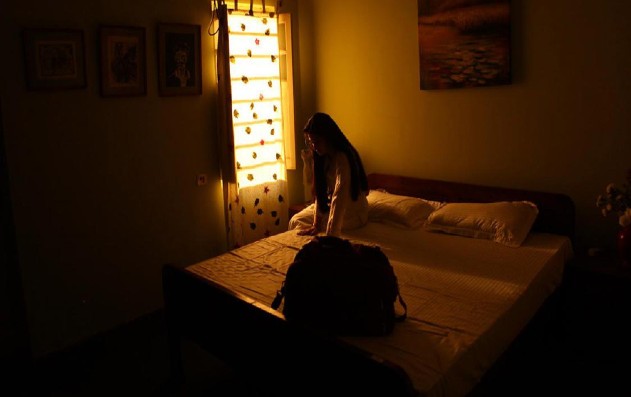Normalizing Divorce and Supporting Women In Difficult Marriages

“A divorced woman has no where to go”.
“A divorced woman is damaged goods”.
“A divorced woman will be open for sexual relationships with anyone”.
These are some of the most common sentences spoken with respect to women who have either chosen the path of ending marriage or are contemplating the same. While we have advanced in the last couple of decades, divorce continues to be a tabboo and women, often targeted for going against the conventional norms.
Women are often forced to stay in unhappy, even humiliating relationships for their children, their inability (or that’s what they think) to survive on their own, the societal pressure, financial obligations and lot more.
There are two stats to look here. According to National Family Health Survey (NFHS -4), almost 38% of Indian women have experience spousal violence and yet, India ranks low on the global divorce index – with only 13 in 1000 marriages reaching its inevitable end.
This contrast in situation depicts the deep rooted intolerance for cutting the strings and the lack of support women in difficult marriages receive.
End the Stigma
As per the traditional bylaws (if there are any), a divorced lady is a selfish lady, who chose her happiness over her children and husband. This belief, unsurprisingly, rises from the deep-set patriarchy that continues to rule roost.
Another reason behind this stigma is presumptions around the topic of marriage. Marriage, which is considered a rite of passage, a sacrosanct ritual that cannot be tarnished by the evils of divorce.
In fact, even Bollywood has depicted divorced women as ‘shaatir naagin’ who is out there to wreck homes of the savitris of the movies.
To end the stigma around divorce, it is important to negate assumptions and have an open discussion about relationships, marriages and their connection with the society. It is very important to understand that marriages were made to work for the people and not the other way round.
Another important aspect that is key to normalizing divorce among women is for the societal karta-dhartas to first understand that a woman who prioritizes her mental peace is not selfish, but a strong human being who can differentiate between right and wrong.
Even schools can do their bit in normalizing divorce right from a young age, to help their tender minds understand that divorce between their parents comes from a right place. Moreover, when sensitized, these children will grow into understanding adults who will support the cause and push back the stigma.
Supporting Women in Troubled Marriages
Most times, women tend to stay in troubled marriages because, they are either dependent on their spouse or are unaware of their legal rights. These underserved women can often turn the situation around by simply realizing their potential and power.
Women are protected by several laws that safeguard them against violations of unsafe marriages.
The Right to Maternal Property (The Hindu Succession (Amendment) Act, 2005 (39 of 2005)): Whether married or not daughter can claim her right on the property as a coparcener in the same manner as the son and will be allotted the same share as allotted to a son.
Right Against Domestic Violence (section 498-A) : A married woman also has the power to report domestic violence where the Act criminalises physical emotional, sexual and other abuses. She can not only file her complaint but demand compensation for the harassment and legally separate if she wants to.
Right to Abort (MTP Act): Sometimes women do not leave marriages because they are mothers or about to become one. While there are medical regulations for abortion, the Medical Terminal of Pregnancy Act, 1971 gives woman the complete rights to abort the child without her husband’s permission. However, abortion is only until the 20-week gestation post which, abortion will be criminally punishable.
Awareness is key to helping women understand their right to live on their own terms and it is about time the fairer sex understands that it is okay to be divorced and happy, rather than married and unhappy.






